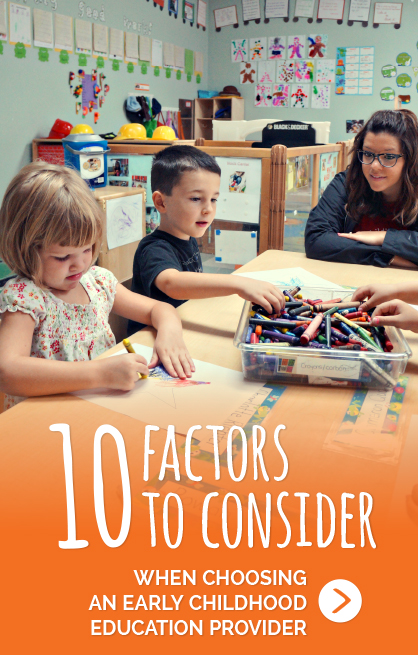Preventing Youth Violence Starts at Home
As parents, keeping our children safe and protected from violence is an important factor. In today’s society it seems children are exposed to and engage in acts of violence more often than in the past. While this may be partially due to increased exposure of this issue through social media, it is also a very real trend in society as a whole.
During National Youth Violence Week, running from March 23-27, parents, daycare providers and school staff can help children of all ages to become advocates for resolving conflicts in peaceful ways.
It Starts with Awareness
Parents, working with schools, community organizations, and with children at home can have big impact on how children view violence and conflict in the world around them. Talking about the impact of violence and how it does more than just cause physical injury but also causes emotional scars and long term challenges for both victims as well as those children using violence as a way to solve problems is very important.
Adults can use teachable moments from actual events occurring in the family, in the community, on favorite TV shows or in books to give children the opportunity to think about the harm violence causes.
Discussing issues such as the very real trauma of bullying, including cyber bullying, and using examples to increase a child’s understanding of empathy is a gentle and meaningful way to prepare even young children to avoid using violence as a way to solve problems.
Tips and Strategies
To help children to use effective communication to resolve conflicts and to help to support children who have been bullied or may have experienced a traumatic event make sure you:
- Model effective conflict resolution skills and avoid mixed messages as to resolving conflicts or difficulties using verbally aggressive or physically aggressive means.
- Talk to children and help them to understand how violence impacts not just the victim but also the person using violence as a way to resolve a problem.
- Encourage children to reach out to their peers who have experiencing bulling or hostility and to be a friend.
- Make sure children understand what to do if they see or experience any type of violence. This could include telling a teacher, a parent or making a 911 call to get immediate help.
Parents may also want to volunteer to help in the classroom during this week to learn about the different programs the school or daycare is using to help address issues of youth violence in your own community.

